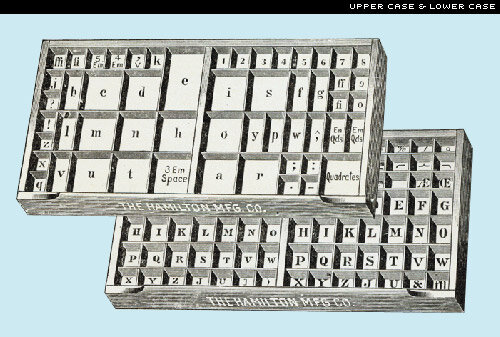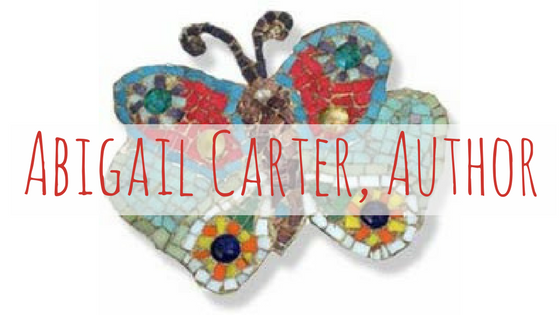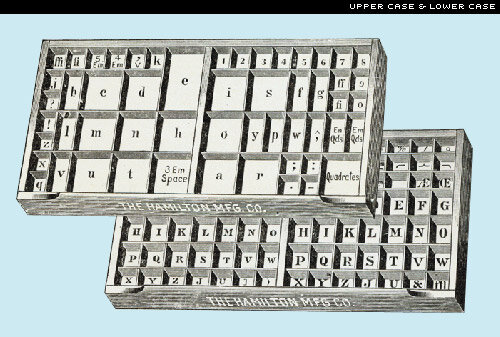10 Things a Traditionally Published Author Should Know About Self-Publishing (That I Didn't)
 Talking to a writer friend of mine about my experience self publishing, she suggested I write a blog about what I wished I knew going into it. Since my first book was traditionally published, I may have been a little naive when it came to self publishing. It seemed like a good choice. My own agent had no interest in my novel and I wasn't getting anywhere with other agents. I was lured by the promise of "70% royalties" and "full control" over my book. It seemed like a no-brainer. Here's what I wish I knew BEFORE I self published (not that knowing it would have changed my path, but I would have had a more realistic idea of what to expect):
Talking to a writer friend of mine about my experience self publishing, she suggested I write a blog about what I wished I knew going into it. Since my first book was traditionally published, I may have been a little naive when it came to self publishing. It seemed like a good choice. My own agent had no interest in my novel and I wasn't getting anywhere with other agents. I was lured by the promise of "70% royalties" and "full control" over my book. It seemed like a no-brainer. Here's what I wish I knew BEFORE I self published (not that knowing it would have changed my path, but I would have had a more realistic idea of what to expect):
1. Self Publishing Takes Longer Than You Think
I formatted my ebook myself. I used to be a desktop publisher (back in the days when such a thing existed), so it was something I felt comfortable doing, and in fact, love doing. I have even been doing formatting the books of a few author friends. I wrote the book using Scrivener which has a "compile" feature that allows you to set up and compile your book into an ebook or a print book. Kinda handy. I compiled over and over, probably 50 times before I got the book looking the way I wanted it. It was a learning curve. Next time it will probably take me less time, but even if you have someone doing this for you, you will likely get the book back not looking quite like you wanted it. Ebooks are funny things and text appears in ways than you don't expect. Be prepared for a cover design to also take longer than you expect. Depending on how well you were able to articulate your design idea to the designer, you may go through a few iterations before you are happy with a cover design.
2. Self Publishing Happens Fast
Of course, once you have the files ready, publishing takes no time at all. I wanted to experiment a little with KDP ( (I used Amazon's KDP to publish my ebook) before I published and then all of a sudden with one click of a submit button, I was published and not at all prepared.
3. A Self Publishing Plan is a really good idea BEFORE you publish
Because publishing happens with the click of a button, you have to be disciplined to not "impulse publish" like I did. I would have done well to follow the advice of my Writer.ly co-founder, Kelsye and have a plan. View her webinar on 10 things you should do BEFORE publishing.
4. Publishing the book in ebook format is not enough
I went into this whole self publishing thing a little hesitantly. Even the day before I impulsively published, I sent the book to agents. I figured that if I just self published the ebook, I'd be simply testing the waters a little. I'd get a few reviews and see if there might be any interest in the book. What I'm quickly realizing is that my sales campaign would have been a whole lot stronger if I had published the paperback and the ebook simultaneously.
5. There is still a significant bias against self publishing and some of it is self-imposed
Now that I have to produce a paperback lickety split, I need some decent reviews to add to the back cover. I am friends with a lot of traditionally published authors, so I figured I'd have no problems getting a review. When each one turned me down (kindly), I put myself in their shoes for a minute. Is there any benefit for a traditionally published author to write a blurb about a self published book? Not really. In fact, it could be a little detrimental to the traditionally published author who needs to remain loyal to their publisher. Loyalty in publishing is a hot topic right now, and I could probably write an entire post just about that, but you get the idea.
6. Self Publishing your book is the EASY part
Once your book is published you need to let people know, and for me, this is the hard part. Through my association with Writer.ly, I have been inundated with information about how to market my book, but when it came down to doing it, I was overwhelmed. For my traditionally published books, I had so much done for me - entering the book into contests, getting the book into bookstores, setting up launch parties and readings. I've already written a little about this, so I won't bore you with the details here. As Guy Kawasaki says in his book, you really do have to become an entrepreneur. And even though I am one (with Writer.ly), selling your own creative output is harder than it seems because it feels like you are bragging or pushing your work down people's throats. It's a hard nugget to swallow for us introverts.
7. Marketing your book takes a long time
I thought that I would put my book out on KDP, do a few KDP Select "Free" days (where you agree not to sell your book on any platform other than KDP for 90 days in exchange for the privilege of having 5 Free days on Amazon) and have thousands of downloads which then leads to hundreds of reviews. But I'm finding that it's a slow build, and that every action you take to market your book builds up to the next. I've now had several free days and have tried different things for each one. The first two had abysmal results (90 or so downloads), but then I lucked out with the last one and had 5000 downloads. This got my book ranking higher in at Amazon which then led to it be seen by more people searching for books (in this case searching for FREE Kindle books). I hope the next (and last) round of my free days will yield even more downloads. After that, I will move on and try uploading it to different platforms. I plan on using IngramSpark.
8. Giving away books as many books as possible is a GOOD thing
I knew this going in, but still it seems counter-intuitive. To be honest, I'm not in the writing game to become a best seller. I'm in it to write and to impart ideas that I think are interesting or important or helpful. So giving away my book is easy and I love doing it, but I didn't ever equate FREE books with SALES. My next point will illustrate why this is so.
9. Reviews are the gold of the publishing world
The reason you want to give away so many free books is that when you do, a handful of those readers will review and rate your book on Amazon or Goodreads. And reviews are the currency you need to qualify for some of the most successful marketing platforms out there. They change constantly, but for the moment, the killer app in this realm is BookBub. If you can get your book included in a BookBub email, you will have thousands of downloads. Which is what leads to "buzz" about your book. The buzz is the magical elixir when it comes to self publishing. You want people talking about your book so that word-of-mouth can take over and those giveaways become real sales.
10. You probably won't get rich self publishing
We all have those secret notions that our book will somehow get all kinds of the aforementioned "buzz" and become an instant bestseller (making us millions in the process, because we made the smart move to self publish, thereby receiving huge royalties), but the reality is that few books ever manage to hit that nirvana. Perhaps you will achieve this if you write genre fiction, write it as a series and write it quickly, but most of us slog away at our books and write in unmarketable genres.In the end, we are doing what we love (hopefully) and no matter how we publish, sometimes success is measured not in buzz and dollars, but in the joy we get from telling our stories.

